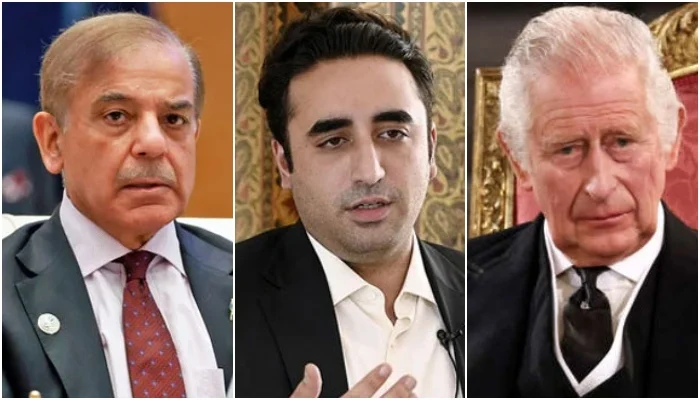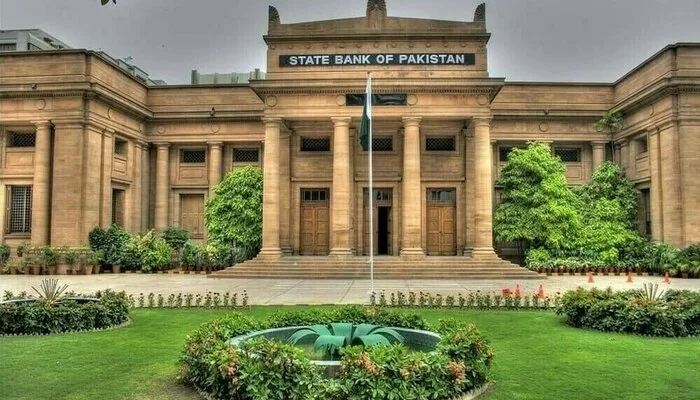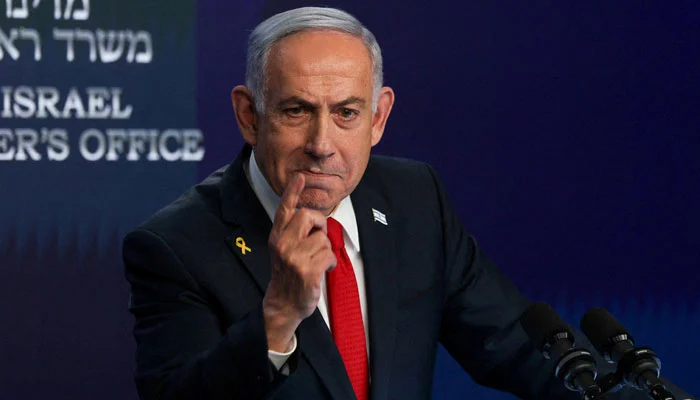
Pakistan’s federal budget for 2025-26 introduces new taxes on essentials such as petrol, pensions, power, and investments. While the government boosts military spending by 20%, the public faces tightened financial pressures through increased levies and the end of many tax exemptions.
Military Allocation Soars
Despite Pakistan’s ongoing financial troubles, the defense sector received a significant 20% hike in funding compared to the previous year. This increase comes as part of the government’s broader security agenda. However, this decision sparked concern, especially as citizens are being asked to shoulder heavier tax burdens.
Burden on the People
The budget introduces fresh taxes across various sectors. Petrol prices are set to rise due to new levies, directly affecting transport and commodity costs. Pensioners, once exempt, will now be subject to taxation on certain income brackets, cutting into the fixed incomes of retirees.
Read: Pakistan Braces for Intense Heatwave: PMD Countrywide Alert
Taxes on electricity consumption will also go up, especially for higher usage slabs, making power bills more expensive. Furthermore, investment income—such as gains from stocks or mutual funds—will now be taxed at higher rates or previously exempt sources brought into the tax net.
Reduced Overall Spending
Interestingly, despite the rise in military funding, total government expenditure is projected to decline by 7% in the upcoming fiscal year. This reduction aligns with the austerity conditions tied to the International Monetary Fund (IMF)’s bailout plan. The IMF has insisted on fiscal discipline and enhanced revenue collection to stabilize Pakistan’s struggling economy.
Tax Exemptions Rolled Back
Many previous exemptions on sectors like agriculture, real estate, and retail have been scaled back or entirely removed. The government claims this move will expand the tax base and promote equality. However, critics argue that these steps primarily hurt the middle and lower-income segments, who already bear the brunt of inflation and slow growth.
As the budget rolls out, economic experts warn that while it satisfies IMF demands, it may fuel further public discontent amid rising living costs.
Follow us on Google News, Instagram, YouTube, Facebook,Whats App, and TikTok for latest updates












